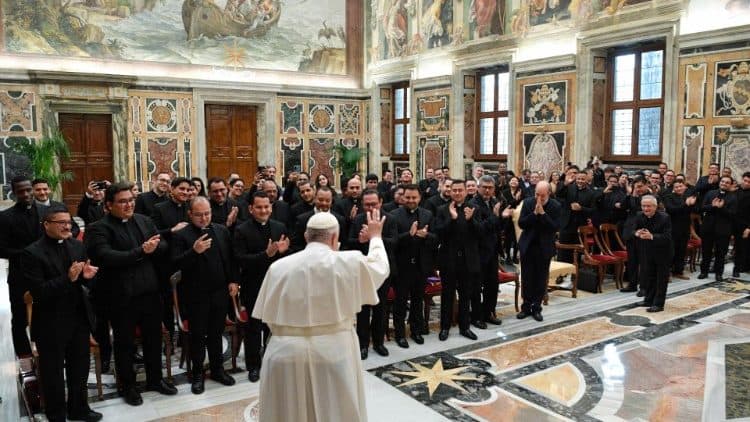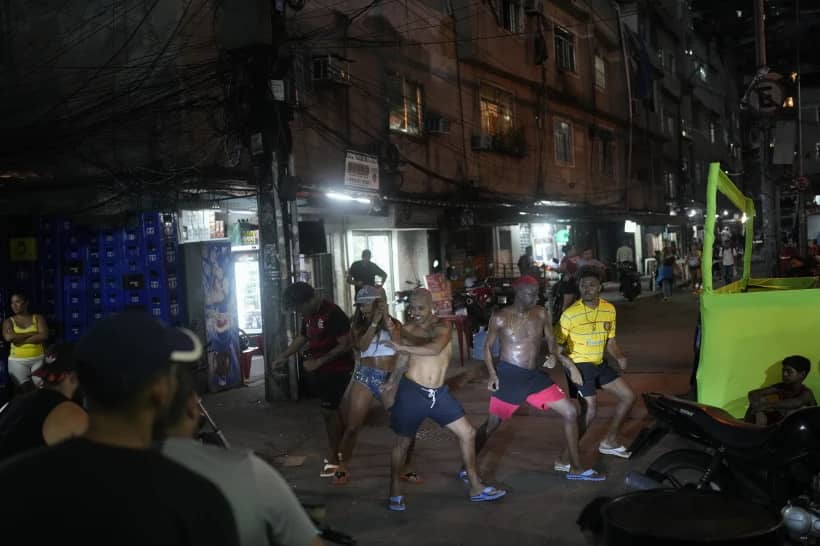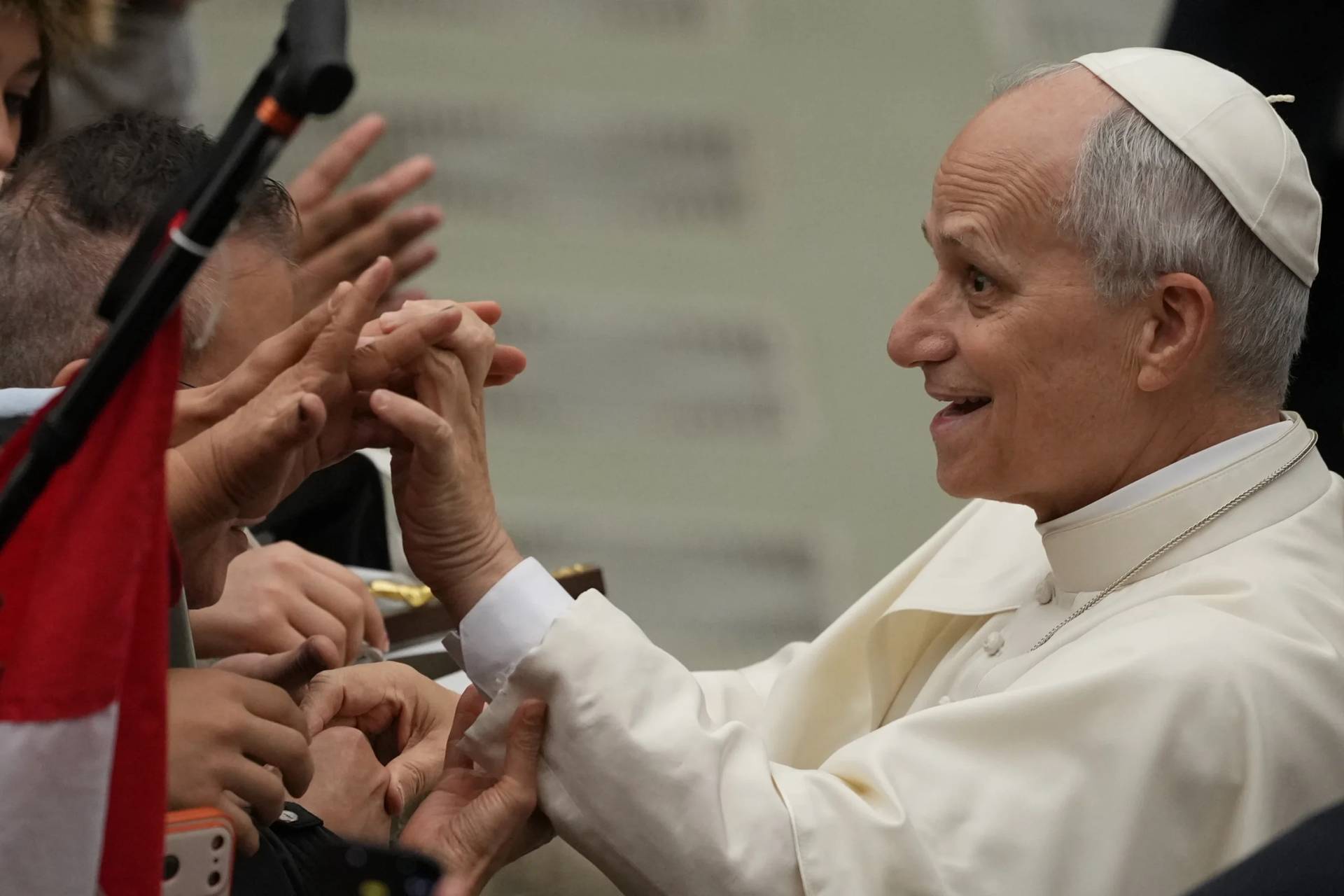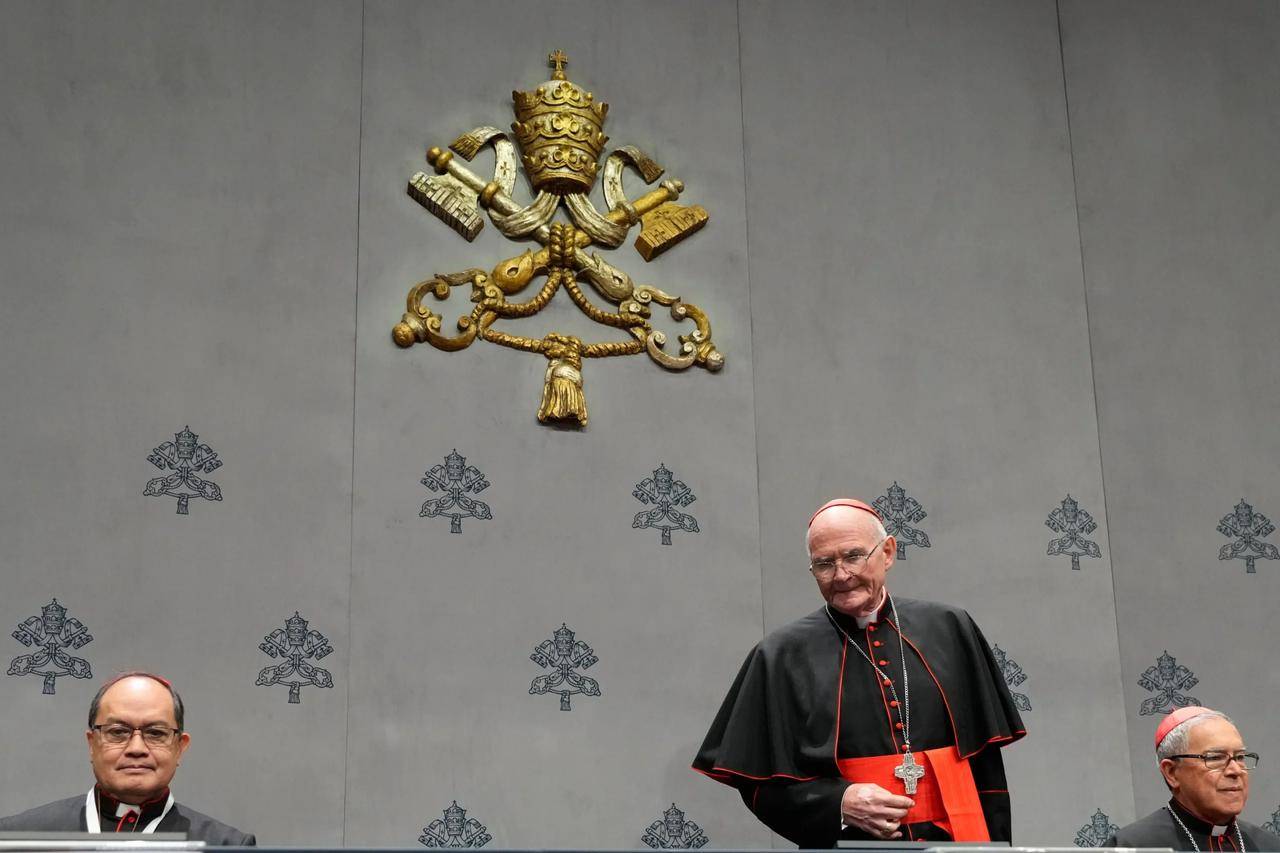SÃO PAULO – While the Vatican’s recent declaration authorizing blessings of same-sex unions has stirred turmoil across the Catholic world, in Pope Francis’s native Latin America, aside from individual and scattered notes of concern, to date there hasn’t been a real backlash involving whole groups of clergy or bishops.
In part, observers say, the relative silence may reflect a conviction among many Latin American Catholics that Fiducia Supplicans doesn’t involve much real change, since the practice of offering blessings in vritually any circumstance was already widespread on the continent.
To be sure, a few Latin American prelates have publicly manifested criticism of the declaration.
They include Bishop Rafael Escudero López-Brea of Moyobamba in Peru, who said that it “damages the communion of the Church, since such blessings directly and seriously contradict divine revelation and the Catholic Church’s uninterrupted doctrine and practice.”
The Archbishop of Montevideo, in Uruguay, Cardinal Daniel Sturla, also rejected the idea of blessing same-sex couples, asserting that Fiducia Supplicans is not clear enough, given that it says that it does not change the Church’s doctrine but, at the same time, it allows blessing not just a person but a couple in a sinful situation.
In Brazil, Bishop Adair Guimarães of Formosa in Goiás state said during a Mass that he had consulted the local clergy and lay people and that they unanimously told him that “applying the resolution would bring incomprehension and scandal,” so he had decided not to give blessings to same-sex couples.
Despite such individual expressions, most Latin American bishops haven’t voiced any stance on the document, and bishops’ conferences have largely stayed out of the fray. Lay movements have mostly been silent as well.
For many analysts in the region, such a general lack of reaction is not necessarily a signal of acceptance, but is also connected to the perception that nothing is really changing for most Catholics.
“In Argentina – and in Latin America as a whole – giving blessings is something that happens on a daily basis. Blessings can be given to anyone and by anyone, like a healer, for instance,” Fortunato Mallimaci, a sociology professor at the University of Buenos Aires, told Crux.
In that sense, Fiducia Supplicans can be seen as a document that comes directly – but not exclusively – from the Latin American reality, where “people are not so worried about the norm and consider that everybody has a right to sacredness, which is greater than any institution.”
“It has a strong connection to Latin American popular religiousness, which operates many times beyond the norms,” Mallimaci said.
The document explains that blessings to same-sex couples are not sacraments, he said, “but it’s difficult for societies more concerned with norms to understand that difference.”
In Brazil, people tend to see the Church as a place of mercy and love where everybody should be equally welcomed, said Maria Cristina Furtado, a theology professor at the Pontifical Catholic University of Minas Gerais and a member of the Brazilian Society of Moral Theology.
For Brazilians, blessings are something that children ask for their parents, “and no mother can deny a blessing to her child,” Furtado said, adding that “the Church is also a mother.”
“Maybe we’re closer to Pope Francis than other peoples, in the sense that he also wants a Church that welcomes everybody with unconditional love,” she said.
Furtado said that since the beginning it was clear for everybody that those blessings don’t correspond to a sacrament.
Jesuit Father Sergio Cobo, who works with Indigenous peoples in Veracruz, Mexico, told Crux that, except for a couple of Mexican bishops, the country’s episcopate has not criticized Fiducia Supplicans.
“Mexicans have a great admiration for the figure of the pope. In other societies, bishops may criticize him. But here they would lose credibility among the people,” he affirmed.
Cobo said that in Mexican society, the opinion of the youth has a significant impact and “young people tend to be more liberal when it comes to sexual orientation, so a great segment of the Mexican people agrees with the pope.”
The presence of indigenous people in many parts of the country also contributes to a more tolerant view of themes connected to sex and gender, he said.
“Among many indigenous nations, homosexuality is accepted without conflict. Those groups even have special social functions for homosexuals,” said Cobo, who works with the Nahua, Tepehua, and Otomi peoples.
Jesuit Father Jorge Coastadoat, a professor at the Pontifical Catholic University of Chile, told Crux that for many Chileans the possibility of blessing same-sex couples is a positive signal.
“Culture has changed and people are now worried about gender issues and so on. Chilean society is abandoning misogyny,” he said.
Blessing everything – a child, a car, a house, and even a shotgun – was always something common in the South American country. Before Fiducia Supplicans, however, it was not easy for a same-sex couple to find a priest to give it a blessing, Costadoat said.
“Now it should be easier,” he said.
Although there might be bishops who didn’t like the document, none of the prelates has expressed discordance with it so far, he said.
“In Chile, there are segments that criticize the pope. But there’s not that divide that he generates in the United States,” Costadoat said.













